Does CBD Show Up On A Drug Test? What You Should Know Before Getting Tested
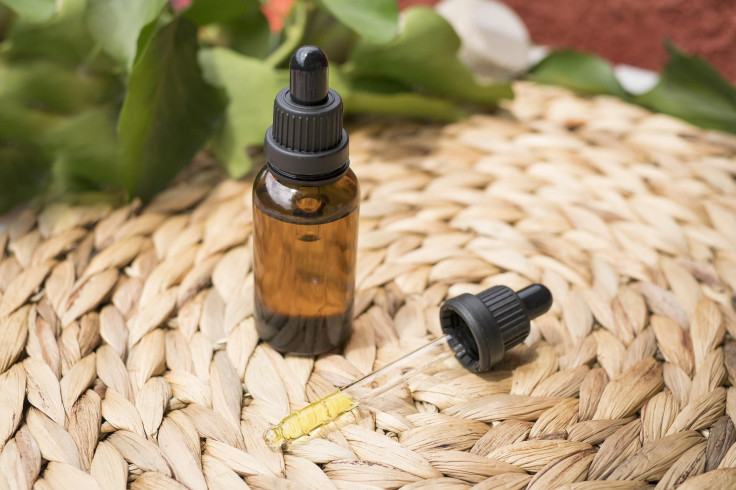
KEY POINTS
- Cannabis drug tests screen for THC, the compound responsible for getting "high"
- Drug testing may sometimes be scheduled ahead of time or done randomly
- Taking high-quality CBD products should not result in a positive drug test
- CBD does not cause the feeling of getting "high"
Different drugs last in the body for different lengths. This depends on several factors, including the type of drug, how long before the test the person uses the drug, how much of the drug is used and how the body reacts to the drug.
Drug testing is used for a variety of purposes. It may be required as a part of pre-employment requirements, as a way to screen professionals and sports athletes who use performance-enhancing drugs, as legal evidence, or to monitor one's treatment in drug or alcohol use disorder programs. Depending on the nature and purpose of the drug test, it may sometimes be scheduled ahead of time or done randomly. Because of this, it is no wonder that many are asking whether CBD will result in a failed drug test.
Here's what you need to know:
What Is CBD?
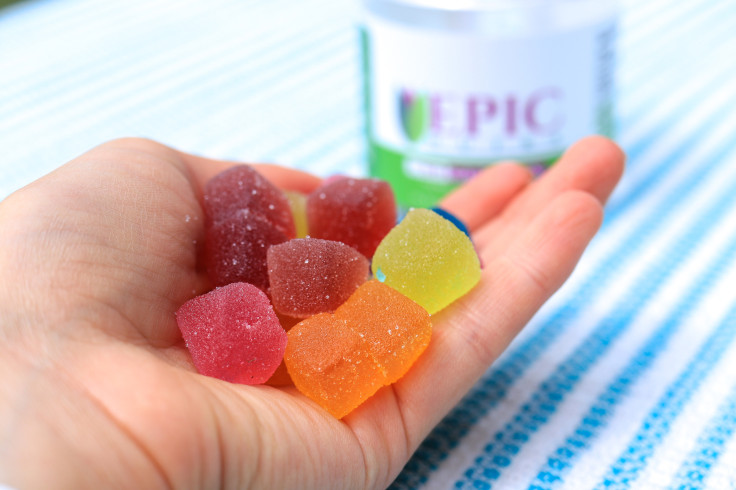
Cannabidiol, more commonly known as CBD, is the second most prevalent active ingredient in cannabis (marijuana), according to Harvard Health Publishing. This essential component of medical marijuana is derived from the hemp plant, which is related to marijuana. It may also be manufactured in a laboratory. A report from the World Health Organization mentioned that CBD does not have any effects "indicative of any abuse or dependence potential."
The FDA eased regulatory requirements in December 2015, allowing researchers to conduct CBD trials. Studies on the effects of CBD indicate that it may help treat childhood epilepsy, reduce the number of seizures or stop them altogether in some cases. Today, Epidiolex, a cannabis-derived medicine that contains CBD, is the first and only FDA-approved prescription CBD to treat seizures associated with Lennox-Gastaut syndrome (LGS), Dravet syndrome, or tuberous sclerosis complex (TSC) in patients aged 1 year or older.
Other studies suggest that CBD may help manage anxiety, insomnia, chronic pain and addiction.
In many parts of the United States, CBD can be readily obtainable. However, there are different restrictions and laws regarding the legal use of CBD.
How Do Drug Tests Work?
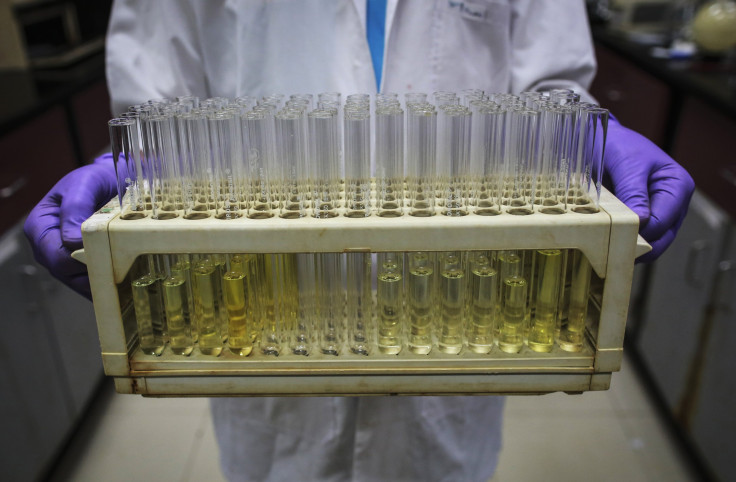
Drug tests are designed to look for signs of one or more illegal or prescription drugs in a person's system by using a sample of the person's urine, blood, saliva, hair, or sweat. Urine or pee is the most common sample used in drug tests. A drug test's primary purpose is to find signs of drug use or misuse, such as using illegal drugs, taking prescription medicine for a different purpose than what it has been prescribed for, or taking a prescription medicine by a different person than the one the drugs have been prescribed to. A drug test may also be referred to as a drug screen, drugs of abuse testing, substance abuse testing, or toxicology screen.
A drug test may look for a single drug or a group of drugs in one's body. They can be used to determine the presence of drugs within hours or up to several days or more before the test. Here are some of the common substances a drug test may screen for:
- Alcohol
- Amphetamines (including methamphetamine)
- Barbiturates (phenobarbital or secobarbital)
- Benzodiazepines (alprazolam, clonazepam)
- Cocaine
- Marijuana (THC)
- Opioids and opiates (heroin, codeine, morphine, oxycodone, hydrocodone, fentanyl)
- Phencyclidine (PCP)
- Steroids
While drug testing is conducted to determine whether a person has been using or misusing one or more drugs, it does not diagnose whether a person has an addiction or drug use disorder.
Cannabis drug tests, in particular, screen for THC, the compound responsible for getting "high" on marijuana, or any of the compounds created when your body metabolizes THC. CBD does not cause the feeling of getting "high," and the law restricts the presence of tetrahydrocannabinol (THC) in CBD products to up to 0.3% only. To pass a cannabis urine drug test, your body must contain below 50 nanograms per milliliter (ng/mL) of THC.
Can CBD Make You Fail Drug Test?
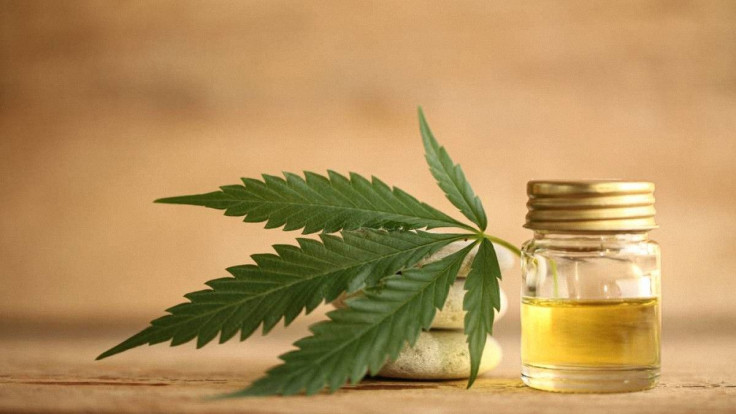
Drug tests do not screen for CBD. However, in certain cases, a person using CBD products may test positive for THC for several reasons.
Using a CBD product containing THC is one of the common reasons for failing a drug test. These products include CBD oils with low-quality isolates or full-spectrum tinctures with small amounts of THC.
Mislabeled products may also result in a failed drug test. Some manufacturers may claim that their product is THC-free despite the substance being present in their products. Low-quality oils extracted from marijuana may sometimes be mislabeled as THC-free when, in reality, they might contain more than 0.3% THC. CBD products are currently not strictly regulated by the FDA.
Another reason for failing a drug test is using CBD products that may have been cross-contaminated with THC. When very small amounts of THC from the material CBD is extracted from get into the CBD oil a person is using, this may result in a positive drug test. This situation is more likely to occur if CBD oil is produced by cannabis dispensaries in areas where the use of cannabis is currently legal.
CBD edibles, one popular type of CBD product, may stay in your body for up to three days. It may take up to 15 days for traces of CBD edibles to disappear in your system if you take them regularly. When they metabolize, they may show up as THC metabolites when you take a drug test.
Others may also fail a drug test due to secondhand exposure to THC via secondhand smoke exposure to marijuana, such as when they are in a room with heavy pot smokers for several hours. However, the likelihood is quite small.
False positives may also result in a failed drug test in rare cases.
How To Avoid A Positive Drug Test
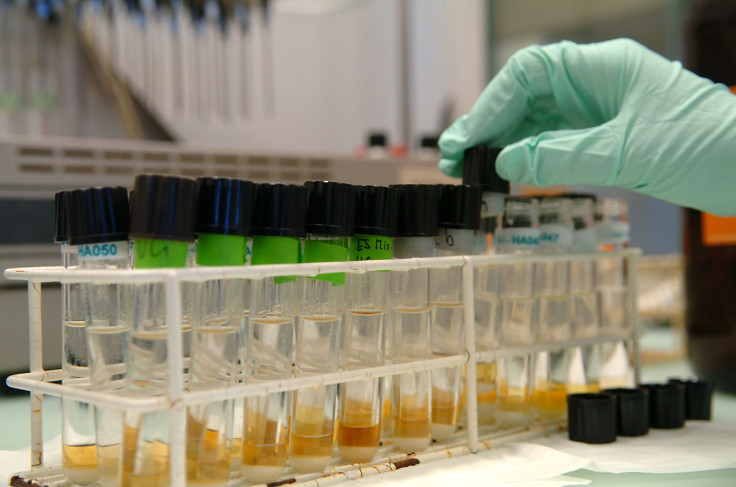
How To Avoid A Positive Drug Test
Taking high-quality CBD products should not result in a positive drug test. To avoid a positive CBD drug test for those who take CBD products, you may do the following:
- Research the CBD product before use to ensure that it is pure and made by a legitimate company that adheres to the law.
- Take CBD isolate oils extracted from a viable industrial hemp supply.
- Avoid low-quality CBD tinctures.
- Buy CBD products only from manufacturers accredited by the Better Business Bureau.
- Look for CBD product manufacturers who use third-party testing for their products.
- Research or ask the manufacturer about the CBD product's processing techniques.
- Do a thorough check to see if the manufacturer has had cases of cross-contamination with THC in the past.
- Avoid secondhand exposure to marijuana from pot smokers or hair contact with pot users.
- Buy CBD products only from reputable manufacturers who produce pure, THC-free products.
© Copyright IBTimes 2025. All rights reserved.





















